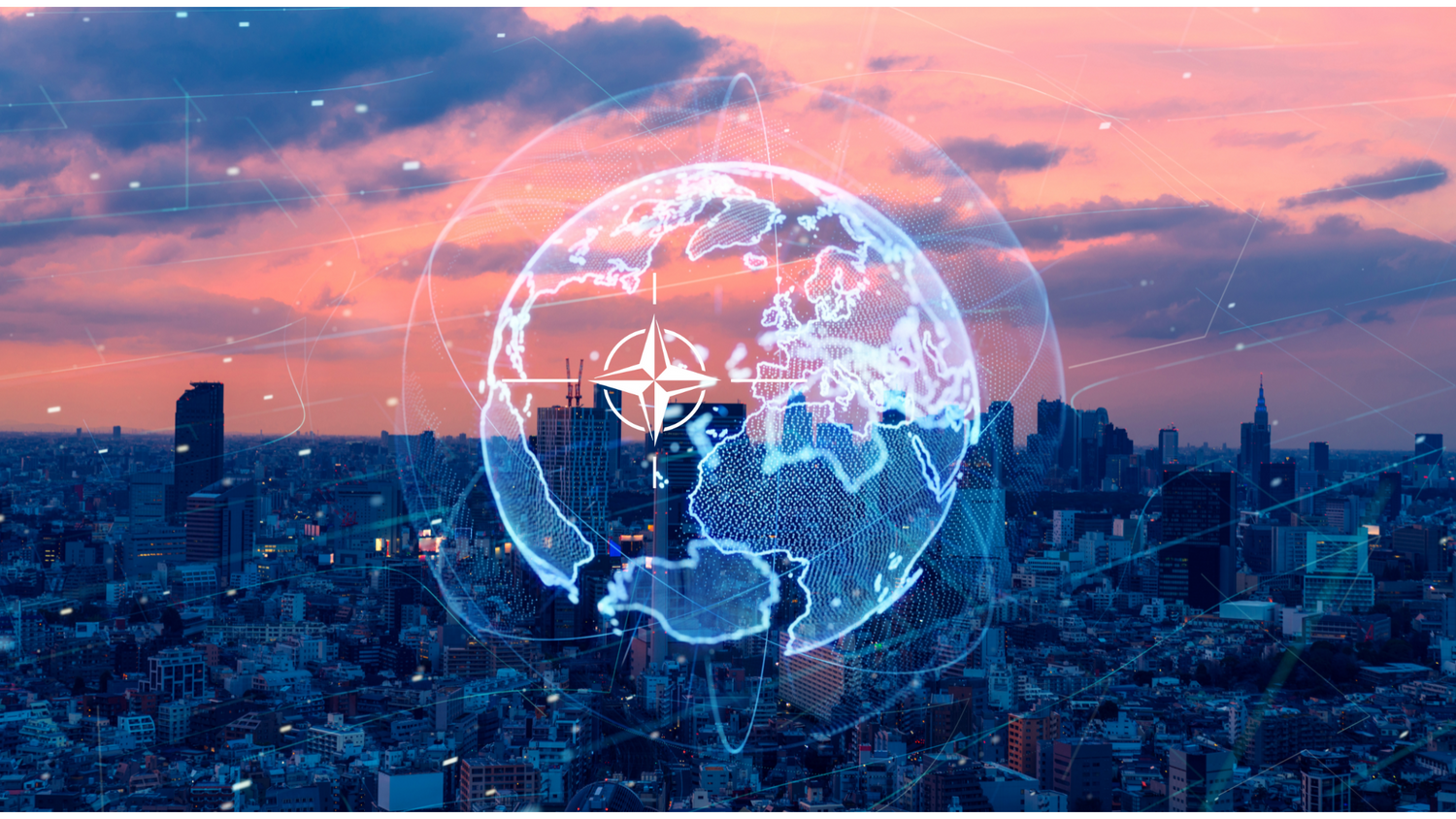The 2025 NATO Summit in The Hague wasn’t just about politics and military power, it marked a turning point for the alliance, with big decisions around defense budgets, technology and global security strategy. While headlines mostly zoomed in on spending targets and troop numbers, the outcomes of this summit reached much further. They touch the day-to-day realities of tech companies, supply chains, cybersecurity teams and businesses that keep our critical infrastructure running.
So, what do these high-level agreements actually mean for businesses, governments and everyday people in NATO countries? Let’s break it down in real terms.
Understanding NATO: Its meaning, formation and purpose
NATO, or the North Atlantic Treaty Organization, is a political and military alliance founded in 1949 with one central goal: to safeguard the freedom and security of its member countries. The alliance was established in the wake of World War II, at a time when Western nations sought to create a unified front against the threat of future aggression, particularly from the Soviet Union.
Over the decades, NATO’s purpose has evolved, but its core mission remains the same: to ensure collective defense through political cooperation and military readiness. It also plays a key role in promoting democratic values, encouraging dialogue among allies and responding together to shared security challenges.
Quick recap: Key NATO summit outcomes
The 2025 NATO Summit produced several important takeaways:
- A new defense spending commitment: NATO GDP requirements will gradually rise to 5% by 2035.
- Stronger cooperation on emerging technologies like AI, quantum computing, and space systems.
- Greater emphasis on military command structure readiness and interoperability.
- Reaffirmation of NATO Article 4 (consultation during threats) and Article 5 (mutual defense).
- Recognition of China as a “systemic challenge” with implications for security and economic resilience.
What this means for businesses
More pressure on defense and tech suppliers
If you work in defense, cybersecurity, aerospace, energy or communications, you’ll likely see more demand in the coming years, but also more scrutiny. With NATO members committing to higher defense spending, governments are looking for reliable and secure partners. That means stricter rules for who gets defense contracts, where technology comes from and how secure your products are.
If your company makes “dual-use” technologies, used for both civilian and military purposes, you’ll likely face extra oversight and compliance checks.
Cybersecurity is no longer optional
The summit made one thing clear: digital systems are now part of national defense. If your business handles sensitive data or supports critical infrastructure like banking, logistics or utilities, you’re on the radar.
You may soon need to:
- Follow new cybersecurity rules
- Join national or NATO-led security exercises
- Report major cyber incidents to authorities
Ignoring cybersecurity could bring legal trouble, financial loss and serious damage to your reputation.
Time to rethink your supply chain
With global tensions rising, NATO countries are trying to become more resilient. That means being careful about where they get technology and who they depend on.
As a business, you should take a fresh look at your suppliers:
- Where do your parts or systems come from?
- Are any suppliers connected to countries that NATO sees as risky?
- Are your products, like drones, chips, or software at risk of being banned in the future?
This is especially important for companies that use technology from China, Russia or other countries outside NATO’s network.
What Governments Need to Consider
Budget changes and spending choices
With NATO’s new target of 5% of GDP for defense by 2035, governments will need to shift their budgets. That may mean putting more money into military and security projects, and less into other public services like healthcare or education.
Protecting more than just the military
Defense is no longer just about tanks and soldiers. Governments now need to protect civilian systems too. Like power grids, internet cables, ports, and satellites.
They’ll likely work more with private companies and introduce new rules, such as:
- National cybersecurity plans that match NATO’s goals
- Bans on certain foreign-made equipment
- Better coordination between governments and critical industries
Diplomatic impact
NATO’s firm language on countries like Russia and China will also affect international relations. Expect stricter rules around foreign investments, tighter tech regulations, and new trade barriers based on security concerns.
What citizens in NATO countries will notice
A stronger focus on national security
People in NATO countries might start seeing:
- More information about digital threats and how to stay safe online
- Bigger investments in border security and emergency services
- Campaigns to help the public prepare for crises
A lot of this will happen quietly, but the effects may be felt in things like airport security, news coverage, or even internet regulation.
Balancing privacy and safety
Stronger cybersecurity often comes with more data monitoring. That could lead to discussions about where the line should be drawn between privacy and protection.
As a citizen, it’s good to be aware of:
- How your data is shared between government agencies and private companies
- Whether new surveillance tools are being introduced
- Who controls your data and where it’s stored
Conclusion: A changing security landscape for all
The 2025 summit makes it clear: security today isn’t just about military strength, but also about digital sovereignty, economic resilience and control over the technologies we depend on.
For companies, governments, and citizens, the key takeaway is this: NATO is no longer just about soldiers and borders, it’s about protecting systems, data, and infrastructure in an increasingly complex world.
And if privacy matters to you too, whether as a citizen or a business, it’s worth thinking about what this shift means for your digital life. On our website, you’ll find products that help you stay in control of your data, even in a world that’s changing fast.










